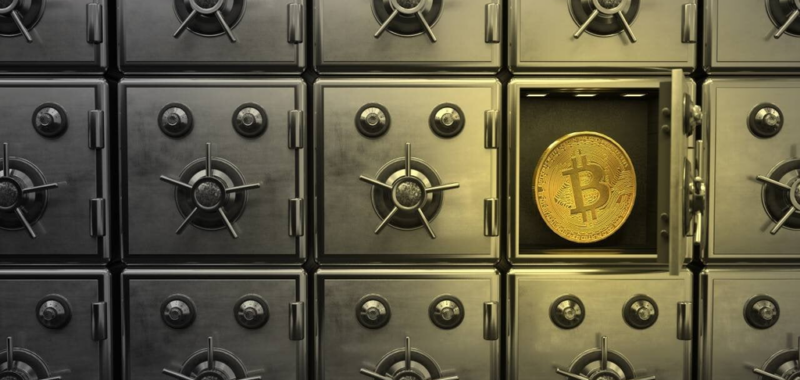For cryptocurrency exchanges holding digital assets on behalf of customers, trust and transparency have never been more important.
Maintaining user trust is “crucial in reassuring users that their funds are safe and backed,” a spokesperson for crypto exchange Gate.io told Decrypt, “especially in light of past incidents where other exchanges mismanaged user funds.”
In the past, exchanges and banks haven’t always kept 1:1 reserves for the user deposits made on their platforms. In the event of a liquidity crisis or a bank run on the platform, users rush to withdraw funds—and eventually the platform runs out of funds to keep dishing out, causing it to become insolvent.
Following the high-profile collapses of crypto firms including Silicon Valley Bank, Silvergate, Signature Bank, and most notably FTX, users demand “confidence and security,” with assurances that their funds are “safe and backed,” Gate.io said.
In order to “build user trust by being fully transparent about their reserves,” Gate.io employs a combination of different technologies to provide a detailed proof of reserves system.
Proof of reserves helps to prevent liquidity crises, like bank runs, by proving that exchanges have sufficient funds for user withdrawals. By regularly verifying their reserves, exchanges can reduce the risk of fraudulent activities and fund mismanagement. Proof of reserves also prevents exchanges from using customer deposits for other purposes without their consent.
Gate.io’s proof of reserves
Gate.io first implemented proof of reserves in May 2020 and has been consistently working to improve the security and transparency of its proof of reserves process.
The exchange’s proof of reserves is structured using a Merkle tree. “User balances are hashed and arranged in a tree, with each leaf node representing a single user’s balance,” a spokesperson for the exchange explained.
The root of the tree, called the Merkle root, summarizes all the balances. “Users receive cryptographic proofs that allow them to verify their balances within the tree without revealing sensitive information,” the spokesperson added, explaining that the method enables users to verify their individual balances, while “ensuring the overall integrity of the total reserves.”
New benchmarks
The exchange has recently upgraded its proof of reserves methodology to incorporate zk-SNARKs, a form of zero-knowledge proof, to “”provide an additional layer of privacy and security,” over and above the standard Merkle tree-based proofs deployed by other crypto exchanges.
zK-SNARKs enable proofs to be checked without revealing user balances or other sensitive information, making the verification process “more private and secure,” a Gate.io spokesperson explained. “zk-SNARKs also prove no non-negative balances are in the data, which could artificially deflate the required reserves threshold,” they added.
Gate.io is pioneering the use of the technology for proof of reserves, which it predicts will ultimately “set a new benchmark for industry standards” of exchange security, “ensuring that users’ funds are protected with the highest levels of cryptographic assurance.”
The exchange offers reserve certificates, cryptographic proofs issued to users that enable them to “independently verify that their balances are included in the total reserves held by the exchange.” Using zk-SNARKs, the certificates offer a “secure and private” verification process, the spokesperson said, adding that they provide a “robust tool” for users to check the integrity of their assets held on the exchange.
The upgrades come alongside an expansion of Gate.io’s reporting coverage, which it calls the “most comprehensive of any exchange.” Its latest proof of reserves report covers 209 different assets on the exchange, showing total reserves of around $6.49 billion and user deposits of $5.62 billion, with a total reserves ratio of 115.34%. That means, per the latest report, that Gate.io holds around $863 million (15.34%) in excess of user deposits.
Gate.io isn’t resting on its laurels, envisioning future improvements to its proof of reserves process that could include “real-time verification, more advanced privacy-preserving techniques, and decentralized audit mechanisms.” Continual updates to its proof of reserves offering, the exchange added, would give users “even greater transparency and security, ensuring their funds are always protected and accurately accounted for.”

